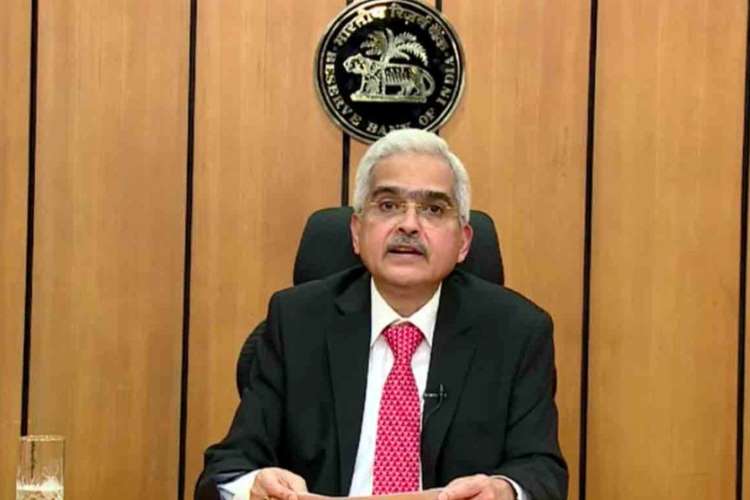
RBI Monetary Policy Committee meeting: Indian economy is doing well and is on course to achieve the projected economic growth rate of 9-10% in the current financial year. The recovery has been quick and robust. The sentiments are positive at the start of the festive season. Markets are up, discounts on cars have been discontinued, and two-wheelers and tractor sales are brisk. The vaccination has been completed to a large extent in different cities and migrant labour is returning.
The biggest potential threat is that global supply chains have been disrupted. Inflation scenario could be a cause of concern as well, but an inflation expectation survey carried out at IIM Ahmadabad shows that the year ahead inflation expectation is lower now compared with the situation a few months ago. Most other countries have treated rising inflation as transitory and not initiated any action.
READ I Looming trouble: Auditing and accounting professions face AI heat
RBI must pick up global cues
Federal Reserves, Bank of England, Euro Zone and Australia continue with the low interest rate regime that they were pursuing earlier. In Russia, there has been an increase in rates by 25 basis points. In Brazil, the interest rate has been increased 5 times within a year as inflation is touching double digits. There is uncertainty in the global market. China’s position is getting grim — an energy crisis looks imminent with coal prices on the rise and Evergrande crisis is threatening to snowball into a meltdown. Also, there is uncertainty over Australian coal. The RBI monetary policy committee will deliberate on these global factors.
The corporates are recovering, production in eight core industries is healthy, and the economy is limping back to normal. However, there are sectors that face strain and that will certainly reflect on the banking sector. However, the mechanisms to ensure asset resolution has been strengthened in recent times. The banks have built buffers, but the end-of-the-year balance sheets could reflect the overall stress in the economy. Thus, the amount of non-performing assets (NPAs) is expected to increase. The non-banking finance companies and the micro-finance sector will also be under stress. This will need RBI’s attention.
READ I Scrappage policy: A big business opportunity awaits India
MSMEs need support
MSMEs are a cause of concern. The cost of raw materials that increased during the Covid-19 pandemic is expected to further increase for MSMEs. This will further squeeze their profit margins. The retail market is tight, customers do not have sufficient purchasing power and flexibility of raising prices of final goods is limited for the MSMEs. The distribution channels have been disrupted and marketing has become difficult for MSMEs. In addition, if export markets open up, pressure on prices of inputs will rise again.
MSMEs feel that the interest rates are very high in the range of 12%. The government did consider some concessions for MSMEs during the Covid-19 outbreak which helped them survive. But most of the support was collateralised lending. The government can help MSMEs in a big way in stabilising prices especially of inputs. In the last 4 days, yarn prices have shot up by 20%. Viscose and polyester prices also need to be controlled as they are produced with control of prices by monopolists.
In face of the global situation, the role of monetary policy may be limited and fiscal policy needs to assume additional responsibility. The fiscal situation is expected to improve with green shoots emerging across the economy. GST collections in August were high and in September, they were still higher. If this trend continues, then the market borrowing programme of the government can relax. Market borrowings in the first 6 months of the financial year have been lower than anticipated.
In view of the prevailing uncertainty and the geopolitical situation in the region, it is recommended that the RBI must retain its accommodative monetary policy stance. The repo rate should be retained at the current level. The monetary policy, in general, has played a successful role and it now can focus on sectoral support. The stability in interest rates will help the fiscal authority play a larger role in the post-Covid recovery.
(Dr Charan Singh is a renowned expert in monetary policy, banking and international trade. He is the chief executive of EGROW Foundation, a Noida-based think tank.)
Dr Charan Sigh is a Delhi-based economist. He is the chief executive of EGROW Foundation, a Noida-based think tank, and former Non Executive Chairman of Punjab & Sind Bank. He has served as RBI Chair professor at the Indian Institute of Management, Bangalore.

